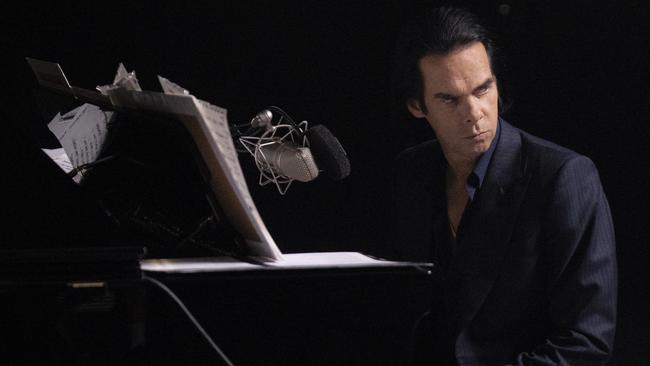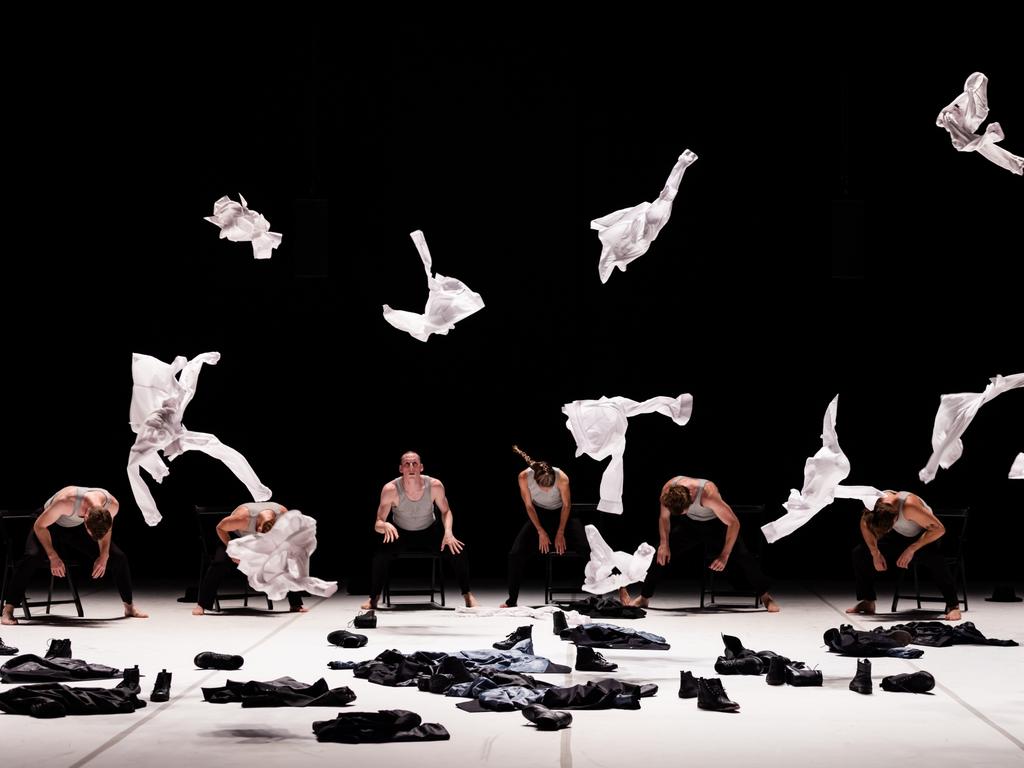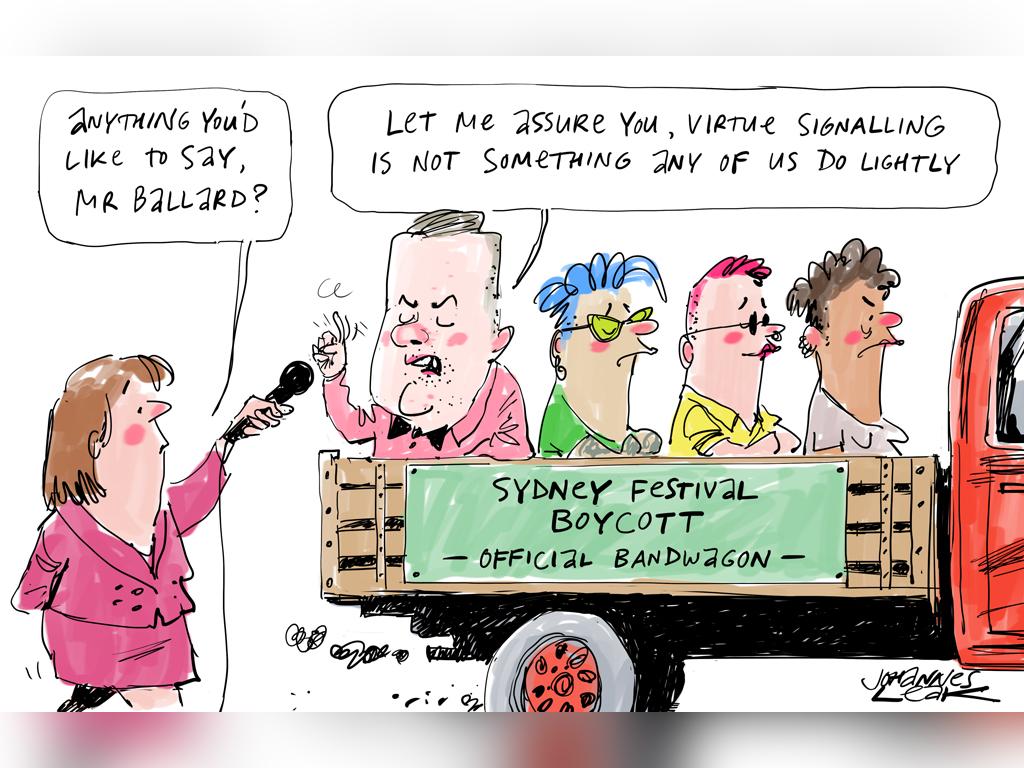
To be sure, not all young people hold this worldview, and not all of the old guard are liberal in their orientation. And not all artists want their art to be used as props for political purposes, either. In fact, resisting undue political influence in art has a long and storied tradition.
In the 1970s, when artists were donating their artwork to the Australian Labor Party to protest the sacking of Gough Whitlam, Australian painter Charles Blackman said he would only donate one of his paintings to a political cause after cutting the painting in two. Geoffrey Lehmann, the Australian poet, who was also Blackman’s solicitor at the time, told me this was his way of asserting that art exists – and should be left to exist – beyond the political realm.
Australian singer-songwriter Nick Cave also has resisted the push to restrict art and creativity within limits defined by politics. Commenting on cancel culture last year, he wrote: “Cancel culture’s refusal to engage with uncomfortable ideas has an asphyxiating effect on the creative soul of a society. Compassion is the primary experience – the heart event – out of which emerges the genius and generosity of the imagination. Creativity is an act of love that can knock up against our most foundational beliefs, and in doing so brings forth fresh ways of seeing the world.”
Indeed, these fresh ways of seeing the world is what makes art survive and why it is celebrated over millennia while political concerns fade away and are forgotten but for history books. Most people who read fragments of the poems of Sappho from 630BC are blissfully unaware of the political realities of her time. People who read and love Sappho’s poems do so because of their lyrical potency – a potency that has lasted more than 2500 years.
Similarly, when I view the paintings of Rembrandt, I couldn’t tell you anything about the Dutch government in the 17th century. But what I can tell you from looking at his portraits is that the interior world of his subject comes to life on his canvas, and that his artistic rendering of the individual captures a quiet dignity that can still be felt today.
One doesn’t need to recruit abstract arguments to make the case that art is larger and more powerful than politics. One simply has to look at what lasts and what doesn’t.
Van Gogh died in obscurity, yet more people would be able to identify Starry Night and Sunflowers than would be able to describe how European borders were drawn up in the 19th century. Franz Schubert died penniless, yet more people would be able to recognise the tune of Ava Maria then tell you who the king of Austria was in Schubert’s lifetime.
Jane Austen published anonymously, and was never famous, but her novels have gone on to become some of the most influential works in the English language. Mr Darcy is still a household name. Few are the dinner table conversations about George III (the king of England during Austen’s lifetime).
Over a long enough time frame art comes to have a much more profound influence on a culture or civilisation than politicians or activists do. While the slogans and hashtags that activists repeat on social media may get many retweets and likes, and while politicians may dominate the 24-hour news cycle, it is the artists who transcend time and place, shaping and defining who we are. This is why healthy cultures sanctify artistic freedom and cultivate spaces and events – like the Sydney Festival – where art can exist on its own terms.
When I asked Cave what he thought about the Sydney Festival boycott, he answered simply: “Of course, everyone has the right to do what they want with their art. It is entirely their choice. Of course. Still it strikes me as a particularly devastating time to be boycotting artistic events given that the Australian arts community has suffered so much due to border closures and lockdowns.”
Artists generally do not become artists because they believe it will be an easy life. It can take a lifetime or longer for an audience to become interested in an artist’s work. The notion that they must now defend or justify their participation in large-scale events because others wish to politicise them is an indignity that will only wear down our already demoralised culture.
Claire Lehmann is founding editor of Quillette, a platform for free thought.








The recent boycott of the Sydney Festival over a $20,000 donation from the Israeli embassy has highlighted a clash of worldviews about the purpose and function of art. This clash of worldviews is not unique to Australia, with similar conflicts erupting across the Anglophone world. On one side of the conflict exists an older guard of artists and patrons who hold a transcendent view of art, and who believe that art is much larger than politics. On the other side exists a younger generation who believe that art should be flattened and compressed inside the political, where art exists as a mere prop in an ongoing struggle.